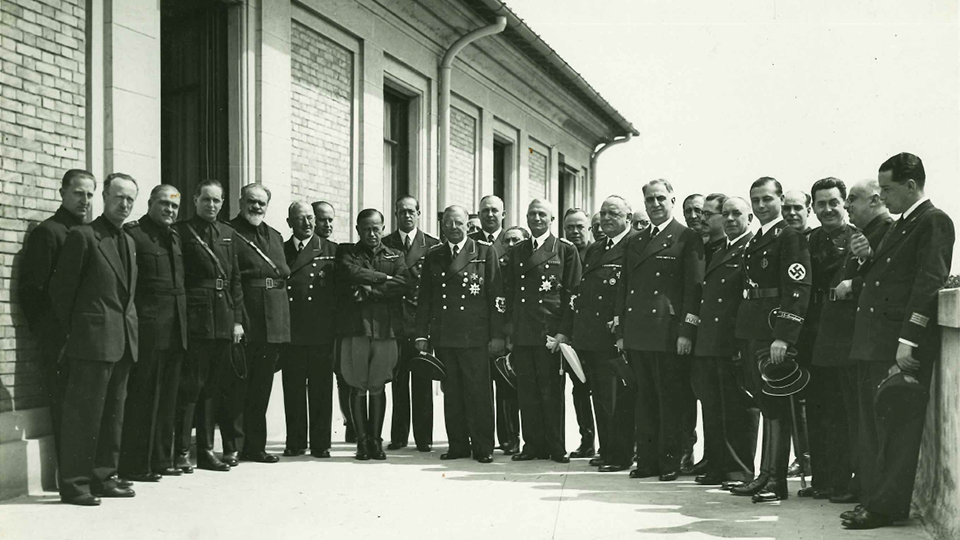
Derek Hattemer
Underwriting Autarky: Commercial Life Insurance for the Masses in Interwar Italy and Germany
Before the First World War, commercial life insurance was largely a product for continental Europe’s professional classes. In the interwar period, as democratic politics yielded to authoritarian rule, German and Italian commercial life insurers developed commercial strategies to expand their business amongst the masses, while obtaining political support to disrupt their industry’s competition from alternative forms of savings and social solidarity such as mutual aid societies, firm pension funds, and social insurance schemes. As fascist movements pursued a new form of perpetual political mobilization, commercial life insurance boomed, exploiting party-political and corporatist institutions to create a vast, centralized network of lower-income insurance clients and constituting a novel form of infrastructural power. I argue that commercial life insurer providers — in Italy, a single firm within the Italian parastate, in Germany, a complex but unified community of interest of private insurance firms — consciously seized the window of opportunity created by fascist regimes to expand their organizational models, fitting a particular niche created by economic constraints and fascist ideological notions common to both regimes. These expansions, and the social infrastructure thereby created, have an ambiguous legacy in the savings and mixed welfare economies of both countries’ post-war periods.
Bildnachweis: Archivio INA, Fondo del Cinquantenario, Serie 7, Sottoserie VI, Fascicolo 148
